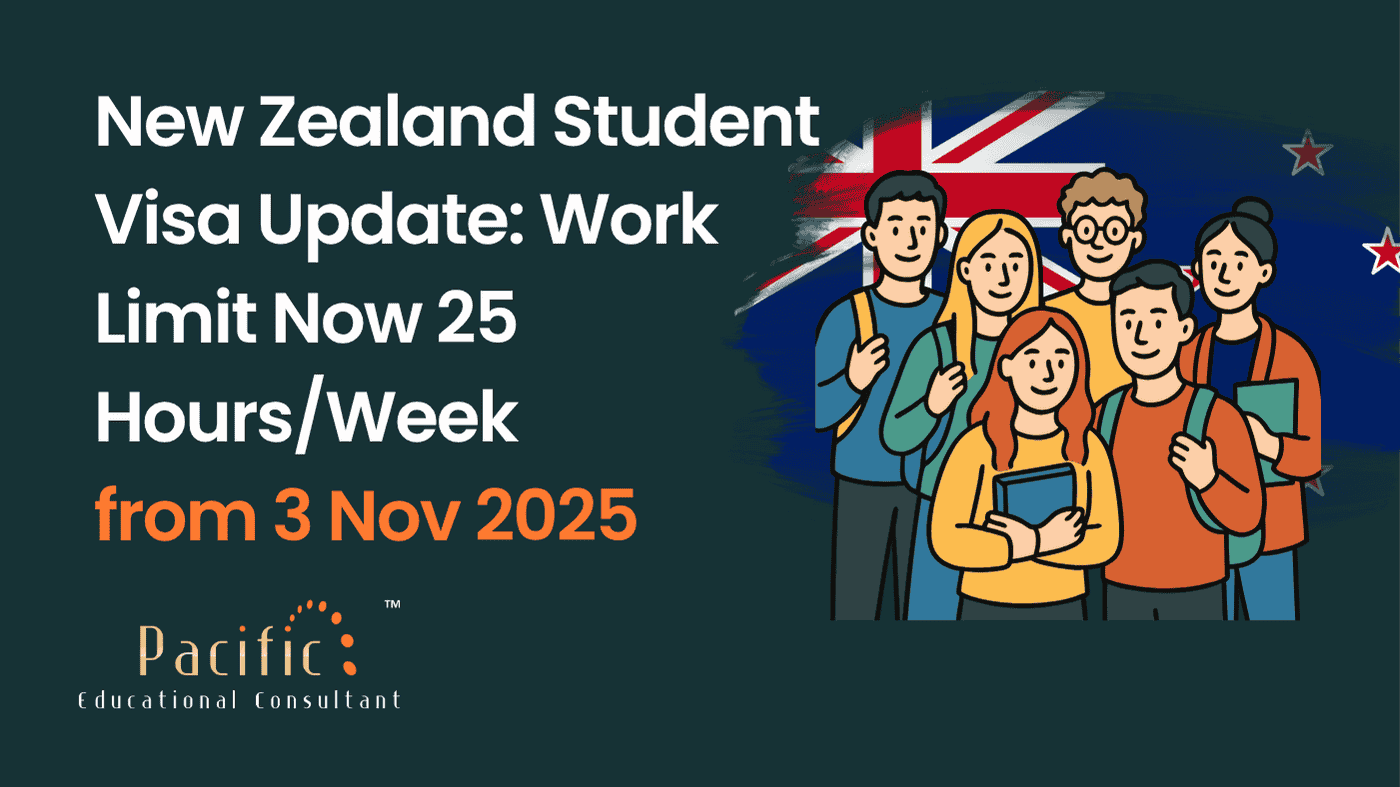


Many Indian students dream of studying abroad after completing 12th. If you're wondering how to get admission in foreign universities after 12th, here is a complete step-by-step guide tailored for you.
Yes. A valid passport is mandatory for applying to universities abroad and for visa processing. Make sure your passport is valid for at least 6 months beyond your intended stay.
Research universities based on:
Your course of interest
Country preferences
Budget and tuition fees
Ranking and reputation
Use platforms like QS World University Rankings or contact a Top India study abroad consultant for guidance.
Choose based on:
Your 12th stream (Science, Commerce, Arts)
Career goals
Course availability abroad (e.g., BBA, Engineering, Computer Science, Nursing, etc.)
Each country and university has its own criteria. Typically:
Minimum 60% in 12th standard
Subject-specific prerequisites
Some courses require entrance exams (SAT, ACT, etc.)
You must take a standardized English language test like:
IELTS (minimum 6.0–6.5)
TOEFL (80+ score)
Duolingo (accepted by many universities now)
This proves your ability to study in an English-speaking environment.
Apply at least 8–12 months before the intake. Steps include:
Visit university websites
Fill online applications
Upload documents
Pay application fee
Typically required:
Passport
10th & 12th mark sheets
English proficiency scorecard
Statement of Purpose (SOP)
Letters of Recommendation (LORs)
Financial proof
Application form
SOP: Explains why you want to study abroad, your goals, and why you chose the course/university.
LOR: Written by teachers/principals highlighting your academic strengths.
Yes. Many universities offer:
Merit-based scholarships
Need-based grants
Country-specific scholarships (e.g., Commonwealth, Chevening)
Apply early with complete documents.
You must show:
Bank statements (past 6 months)
Education loan sanction letter
Scholarship award letters
Affidavit of financial support (if sponsored)
After submitting your application, universities issue:
Conditional Offer Letter (if some documents are pending)
Unconditional Offer Letter (after final approval)
Apply after receiving your offer letter. Visa requirements vary by country:
USA: F-1 Visa
UK: Tier 4 (Student Visa)
Canada: Study Permit
Australia: Subclass 500
Each requires biometric, medical tests, and financial documents.
Yes. Most countries allow:
20 hours/week during term
Full-time during holidays
This helps manage living expenses and gain work experience.
Getting admission to foreign universities after 12th is easier with the right planning. Stay organized, apply early, and ensure your documents are accurate. A professional overseas education consultant can simplify this journey and increase your success chances.
Get hassle-free admission to foreign universities after 12th with expert guidance and coaching by Pacific Educational Consultant. Book your free session now!
A: Most universities require at least 60% in 12th grade, but it depends on the course and country.
A: Not always. Some universities waive IELTS if you studied in English or take internal English tests.
A: You can begin researching and shortlisting universities, but applications and visas require a passport.

New Zealand Student Visa Update: Work Limit Now 25 Hours/Week from 3 Nov 2025

Describe a family member who you want to work with in the future - IELTS Cue Card

Describe a noisy place you have been to - IELTS Cue Card

Describe a time you enjoyed a free day off work or school – IELTS Cue Card

Bachelor in Business Economics (BBE)

BE IT Full Form: Complete Guide to Eligibility, Syllabus, Fees, and Career Scope

Describe a water sport you would like to try in the future - IELTS Cue Card

Describe a plan that you had to change recently - IELTS Cue Card

CBSE Class 10 & 12 Date Sheet 2026: Complete Timetable & Study Planner

Describe a sport that you really like - IELTS Cue Card